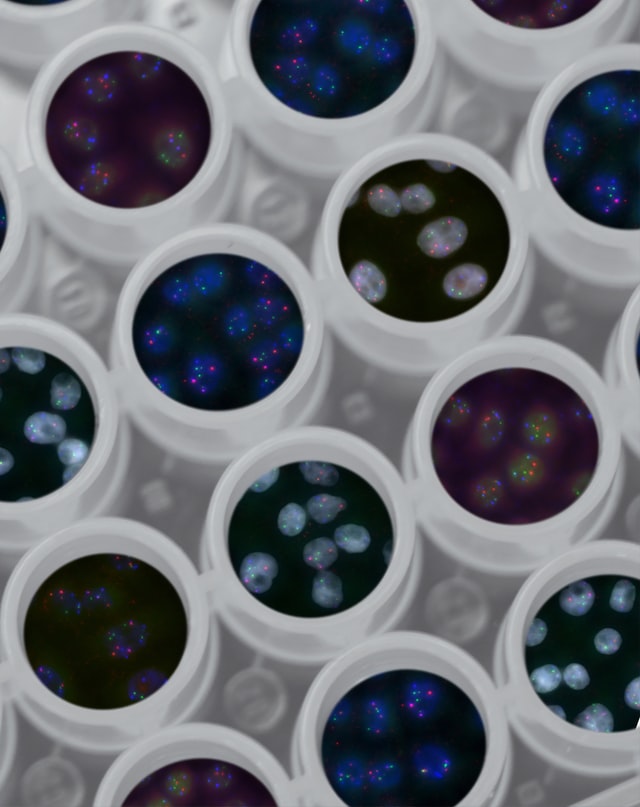What is Genetic Testing for Angelman syndrome?
What is Angelman syndrome?
Angelman syndrome is a rare disease caused by mutations on specific genes. The syndrome is inherited through a process known as microdeletion inheritance, meaning the deletion of several genes on a chromosome.
Uniparental disomy also plays a role in causing Angelman. This occurs when both copies of a chromosome pair are received from one parent, instead of one copy from each parent.
The main symptoms of the syndrome include developmental delay and delay with walking. Limited to no speech development is also common, as are issues sleeping, and regular seizures. The syndrome is also associated with a happy and excitable personality.
Genetic testing for Angelman syndrome?
Genetic testing for Angelman syndrome involves taking a sample of blood. This can then be tested for chromosomal anomalies that will indicate Angelman in an individual.
DNA Methylation Test: this genetic test is able to identify 3 out of the 4 known genetic mutations which cause Angelman.
Chromosomal Microarray (CMA): this type of genetic testing is able to identify if parts of a chromosome are deleted or missing.
UBE3A Gene Sequencing: this is to test for a rare cause of Angelman, caused by a mutated but active maternal copy of the UBE3A gene. This type of test might be recommended if a DNA methylation test reveals nothing, but Angelman is still suspected due to the presence of symptoms, for example.
Genetic counseling for Angelman syndrome?
Genetic counseling is an essential part of the genetic testing process for Angelman syndrome. Understanding the different types of testing available for the syndrome, is a crucial part of genetic counseling for this rare disease. Genetic counseling will walk patients through each of the different types of testing, including what they are looking for, and what the results of each test might determine, or not.
Genetic counseling will take a person’s family medical history, as well as an understanding of an individual’s own symptoms, and place this information within the context of a rare disease diagnosis, and in this instance, within Angelman syndrome. A genetic counselor will understand the main signs of Angelman syndrome.
If and when a patient receives a confirmed Angelman diagnosis, a genetic counselor will be able to explain what this might mean potentially in terms of their short and long term health. A genetic counselor will be able to suggest treatments (if any are relevant), and therapies for managing the symptoms of this rare disease. They will also help coordinate the necessary care between medical professionals and teams, for an Angelman patient.
Genetic counseling will also support individuals and patients through an Angelman diagnosis, with professional and emotional support. If genetic testing for Angelman syndrome returns a confirmed diagnosis of the condition, it can be a difficult diagnosis to process and comprehend. Genetic counseling helps support families through this process, and can also connect them to local support groups and networks.
Genetic testing for Angelman is not always a straightforward process with clear results. This is why genetic counseling is so important for anyone embarking on the process.







